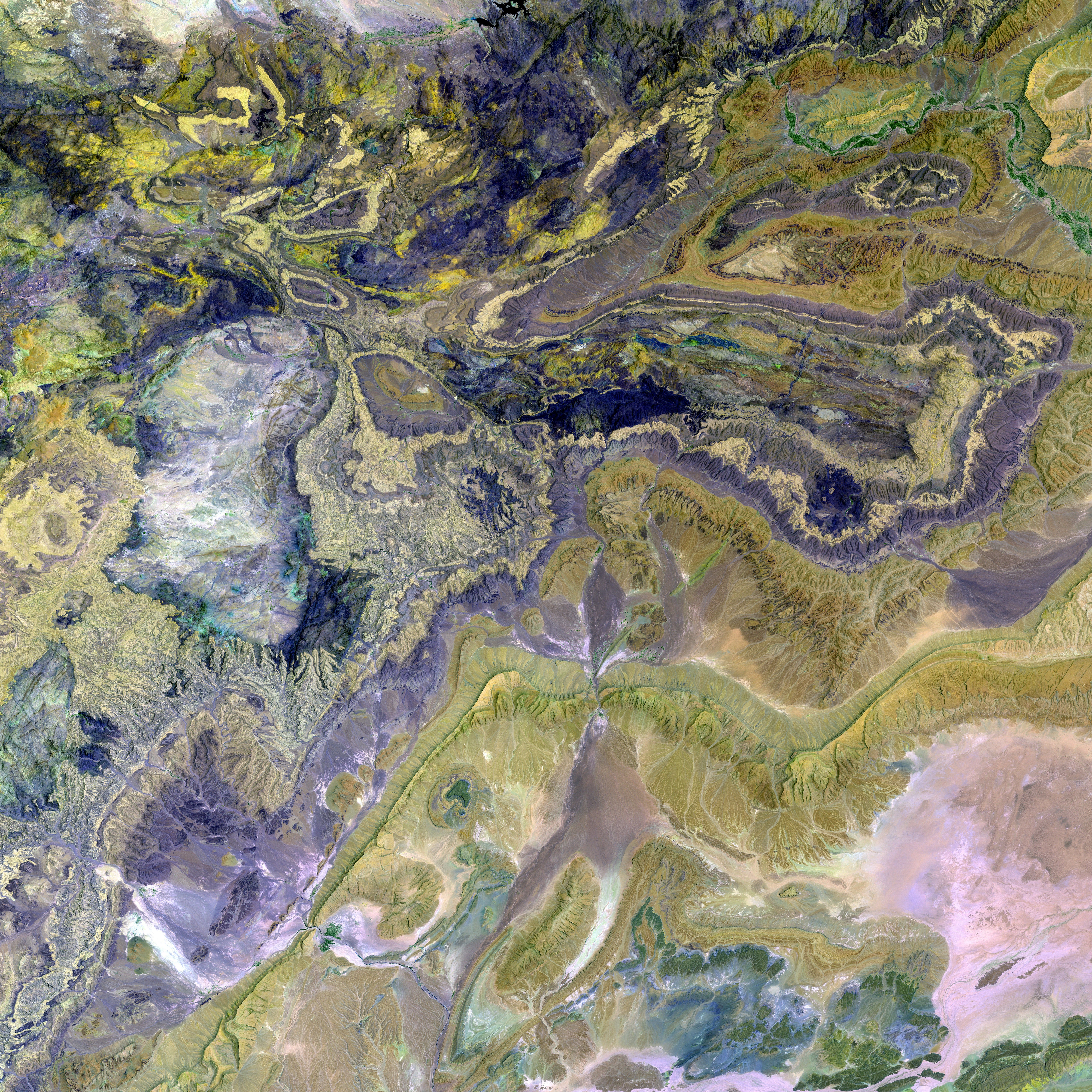Increase in tick-infested areas observed within Kostanay region
Rewritten Article:
The Kostanai region is witnessing a surge in tick bites, according to reports from Liter.kz and Kostanai News. In April alone, 54 people, including 18 minors below 14, sought medical attention due to these pesky critters.
However, the regional department of sanitary and epidemiological control has not reported any cases of tick-borne infections. Yermekhanbet Dauletbaev, the head of the department, states that while the Kostanai region isn't considered an "endemic area," one should not underestimate the need for precautions in natural environments. He warns that incidents of infection can occur due to the movement of ticks or travel to endemic regions.
Prevention against tick-borne encephalitis primarily lies in vaccination, but in Kazakhstan, vaccinations for this disease are only provided to those working in natural conditions or residing in endemic areas.
As a global trend, we're seeing an increase in tick-borne diseases due to factors such as climate change that expand tick habitats and boost activity. In non-endemic areas like Kostanai, an increase in tick bites could be due to similar factors or increased outdoor activities. To stay safe, experts recommend covering up with long sleeves, long pants, and closed shoes when outdoors. Tucking pant legs into socks can further prevent ticks from creeping up legs.
Use tick repellents containing DEET, picaridin, or oil of lemon eucalyptus on exposed skin and clothing. After spending time outdoors, conduct regular body checks, paying special attention to armpits, groin, and behind the ears. If you spot a tick, remove it promptly and correctly using fine-tipped tweezers, pulled upward with steady, even pressure.
Avoid wooded and bushy areas with long grass where ticks reside, and follow local health advisories specific to your area. For certain tick-borne diseases like Lyme disease, vaccines might be available in some regions. Stay informed, engage in community efforts to raise awareness, and work closely with local health authorities to deal with tick-borne disease incidents effectively.
- Despite no reported cases of tick-borne infections in the Kostanai region, Yermekhanbet Dauletbaev warns against underestimating the need for precautions in natural environments due to the movement of ticks or travel to endemic regions.
- In Kostanai, an increase in tick bites could be attributed to factors such as climate change that expand tick habitats or increased outdoor activities.
- Prevention against tick-borne encephalitis is primarily through vaccination, but in Kazakhstan, vaccinations are only provided to those working in natural conditions or residing in endemic areas.
- As a precaution, experts advise covering up with long sleeves, long pants, and closed shoes when outdoors, and tucking pant legs into socks to prevent ticks from creeping up legs.
- Use tick repellents containing DEET, picaridin, or oil of lemon eucalyptus on exposed skin and clothing for added protection.
- After spending time outdoors, conduct regular body checks, paying special attention to armpits, groin, and behind the ears for signs of ticks.
- If you spot a tick, remove it promptly and correctly using fine-tipped tweezers, pulled upward with steady, even pressure.
- In the broader context of health and wellness, tropical regions and countries are witnessing an uptick in various tropical and vector-borne diseases like tick-borne encephalitis, citing climate change as a significant factor.
- It's essential to engage in workplace-wellness programs focused on mental health, skin care, nutrition, fitness and exercise, and therapies and treatments for chronic diseases and neurological disorders, in addition to prevention measures against tick-borne encephalitis.
- Environmental science plays a crucial role in understanding the impact of climate change on the proliferation of ticks and tick-borne diseases, and global collaboration is key in devising effective prevention and treatment strategies across various regions.





